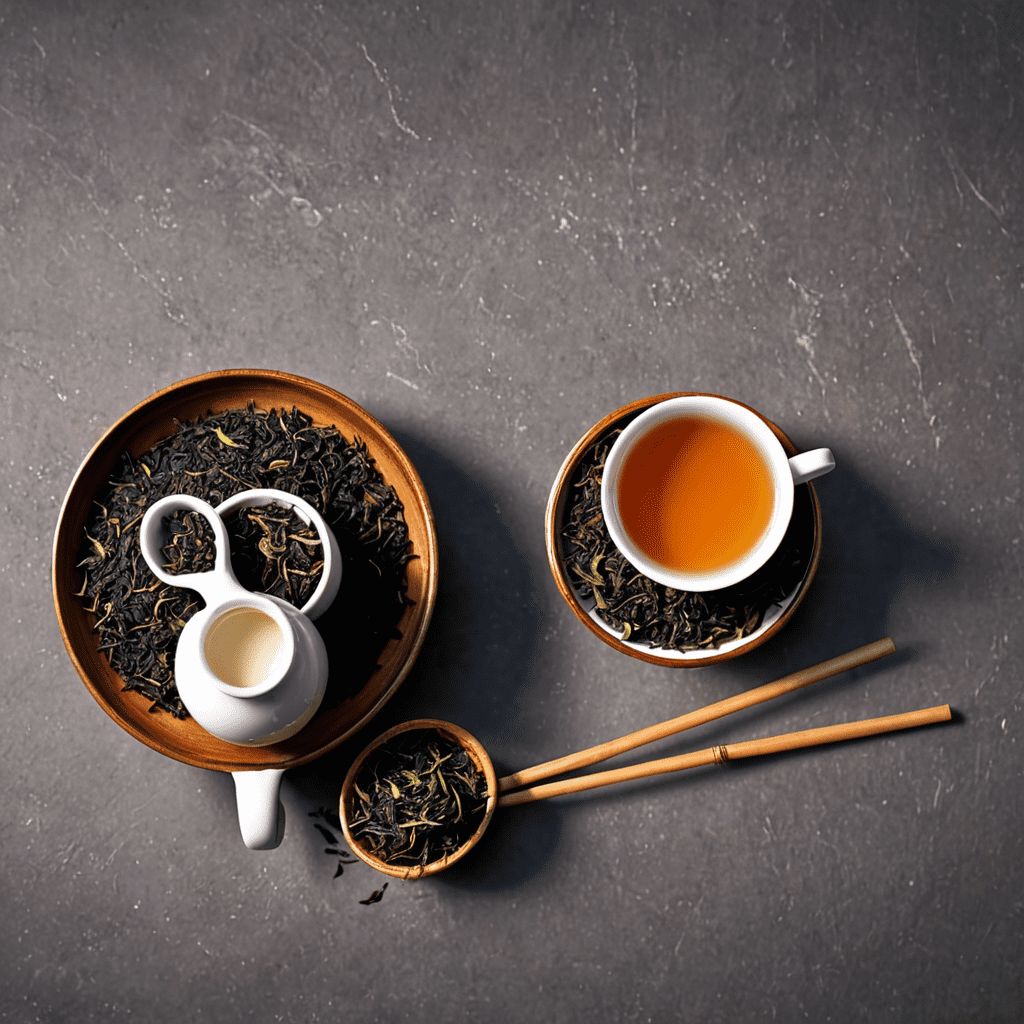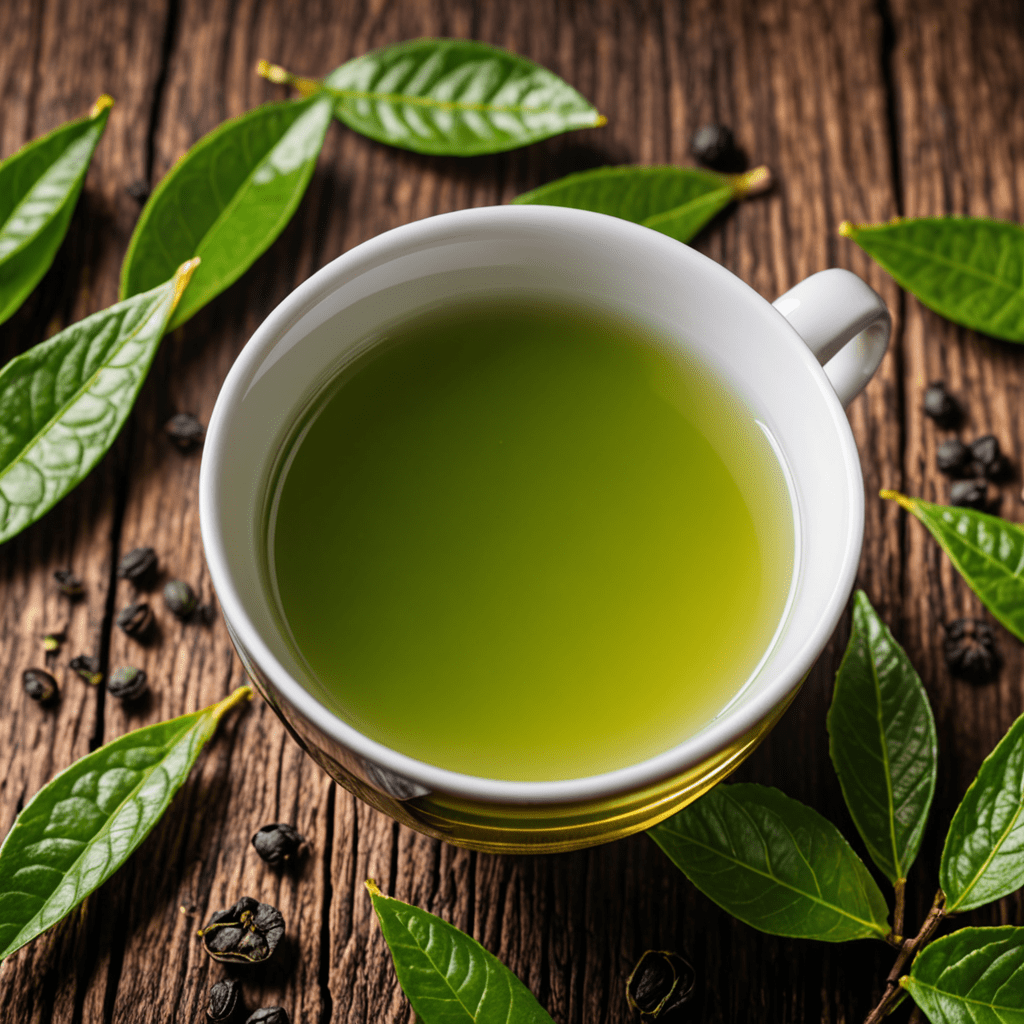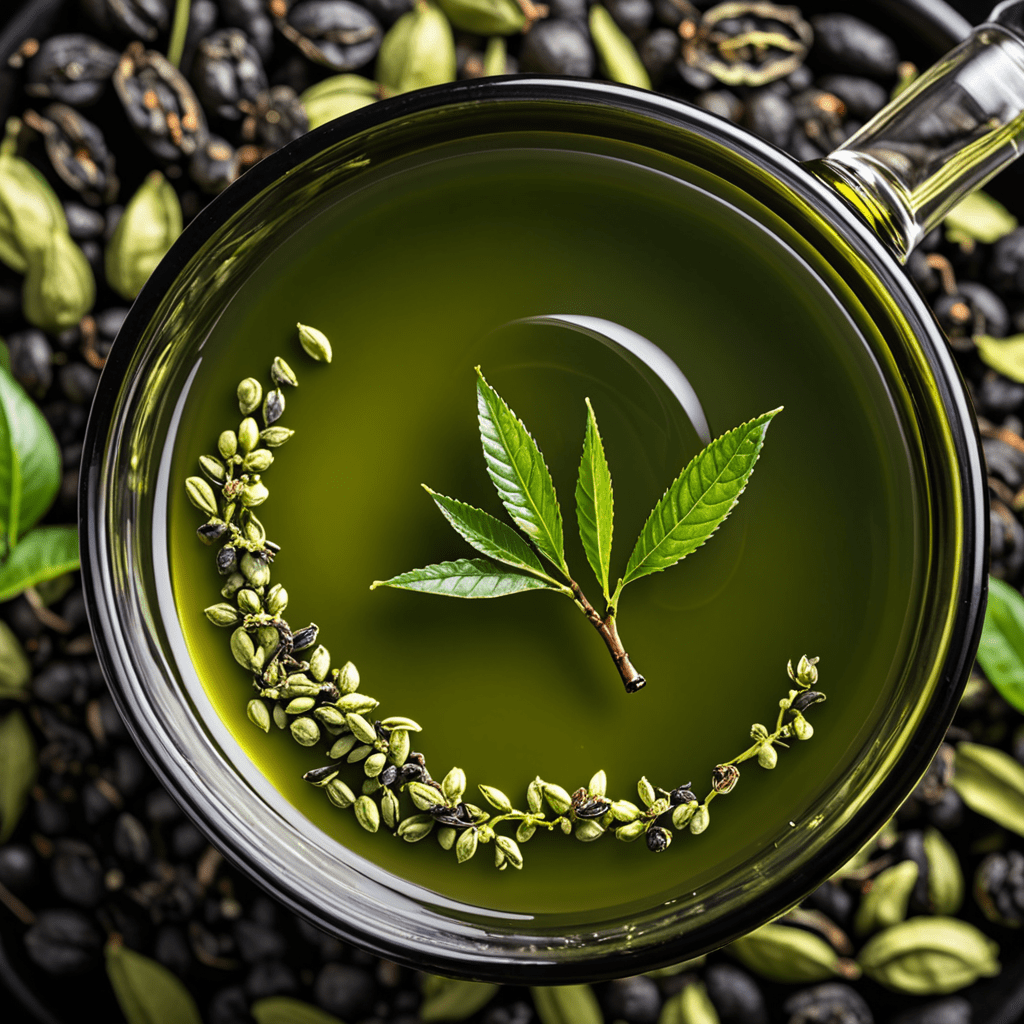Assam Tea: The Essence of Authentic Tea
I. Introduction
Tea, an aromatic beverage beloved worldwide, traces its origins to ancient China. Assam tea, a celebrated variety from India's north-eastern state of Assam, holds a prominent position in the global tea industry. Its unique flavor and distinct characteristics set it apart from other teas, making it a favorite among tea enthusiasts.
II. Unique Characteristics of Assam Tea
Nestled amidst the lush Brahmaputra Valley, Assam is blessed with an ideal climate and fertile soil that have shaped the distinct character of its tea. The long growing season, coupled with ample rainfall and rich alluvial soil, contributes to the robust and malty flavor profile of Assam tea. This bold and full-bodied tea is characterized by its reddish hue, often referred to as "golden liquor," and its intense aroma and flavor.
III. Varieties of Assam Tea
Assam tea is available in a range of varieties, each showcasing its unique processing methods. The two main types are black Assam tea, which undergoes complete oxidation, and green Assam tea, which is heated to prevent oxidation. Additionally, artisanal white Assam tea, made from young tea shoots, is also gaining popularity for its delicate and subtle flavor notes.
IV. Geographical Indications (GI) for Assam Tea
To safeguard the authenticity and quality of Assam tea, it has been recognized as a Geographical Indication (GI) product. This legal protection ensures that only tea produced from Assam's defined geographical area, under specific production standards, can be labeled as genuine Assam tea. The GI certification guarantees the unique and exceptional qualities that define this beloved beverage.
VI. Tea Tasting and Brewing Methods
Assam tea can be brewed using various methods, each yielding a unique flavor profile. Traditional methods involve using a teapot or gaiwan, while modern techniques employ tea infusers and French presses. The optimal temperature for brewing Assam tea ranges from 85°C to 95°C, and the steeping time varies between 3 to 5 minutes, depending on the desired strength.
VII. Health Benefits of Assam Tea
Assam tea is not only a flavorful beverage but also offers potential health benefits. Its high antioxidant content helps protect against cellular damage, potentially reducing the risk of chronic diseases. Additionally, Assam tea may aid digestion and boost metabolism, promoting overall well-being.
VIII. Social and Cultural Significance
Assam tea has played a significant historical role in global trade and commerce. Its export to Europe and America in the 19th century fueled the growth of the tea industry in Assam. Locally, tea plantations have become integral to Assamese culture, providing employment opportunities and shaping community life.
IX. Tea Plantations and Estates
Assam boasts numerous renowned tea plantations and estates, showcasing a diverse range of tea varieties. These estates implement sustainable and ethical cultivation practices, emphasizing environmental conservation and fair treatment of workers. Visiting tea plantations offers an immersive experience, allowing visitors to witness the tea-making process firsthand.
X. Conclusion
Assam tea, with its distinct flavor, rich history, and potential health benefits, stands as a testament to the rich tea culture of India. Its recognition as a Geographical Indication product ensures its authenticity and preservation for future generations. Whether enjoyed as a morning pick-me-up or a soothing evening ritual, Assam tea offers a delightful experience that transcends mere refreshment.
FAQs
What is the difference between black and green Assam tea?
Black Assam tea undergoes complete oxidation, resulting in a dark, robust flavor, while green Assam tea is heated to prevent oxidation, yielding a lighter, more vegetal flavor.How long should I steep Assam tea?
The ideal steeping time for Assam tea varies between 3 to 5 minutes, depending on the desired strength.What is the best way to store Assam tea?
Assam tea should be stored in an airtight container in a cool, dry place away from direct sunlight to preserve its flavor and aroma.


